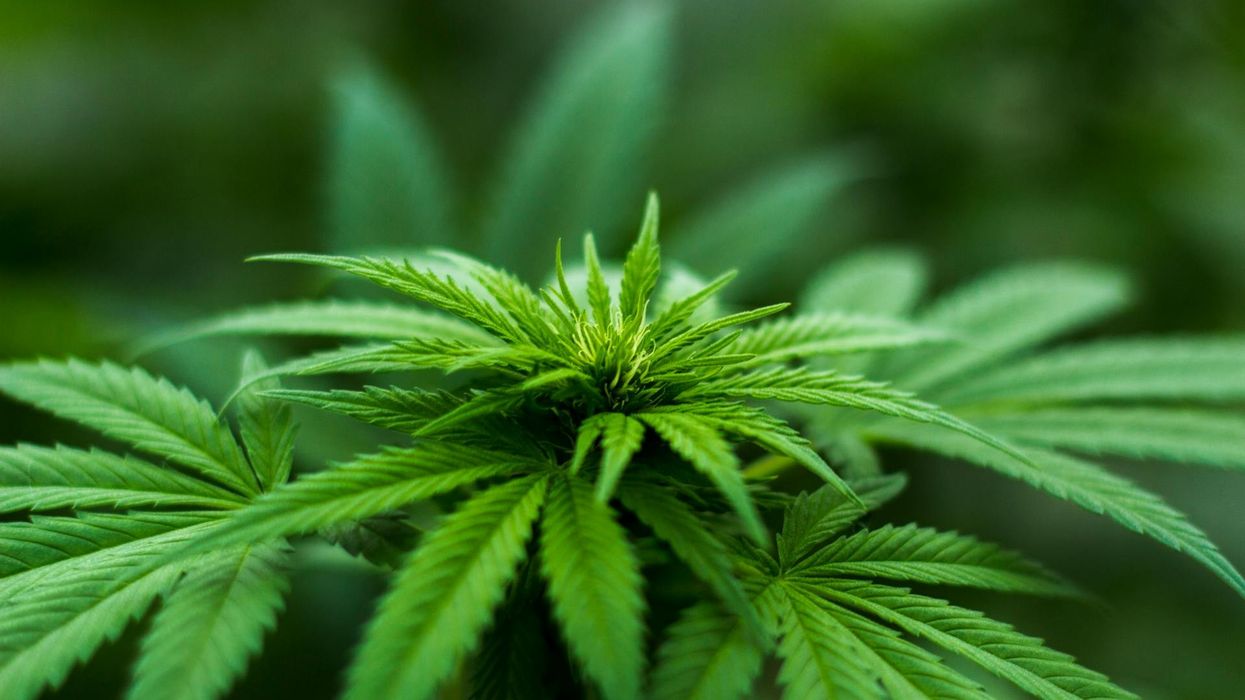Cannabis has transitioned from a controversial substance associated with illicit activities to a widely accepted plant with medicinal benefits and potential recreational use. As the laws surrounding cannabis evolve in many regions, it becomes increasingly crucial to educate the public about its properties, benefits, and potential risks. Understanding cannabis can empower individuals to make informed choices, whether for personal use, health management, or advocacy. This knowledge is particularly important for younger generations who may face different societal perspectives about cannabis. In teaching the facts about this plant, we can cultivate a calmer and more informed dialogue about cannabis use in our communities.
Understanding Cannabis: A Historical Perspective
A significant aspect of cannabis education involves recognizing its historical background. Cannabis has been utilized for thousands of years for various purposes, such as medicine, textiles, and rituals. Ancient civilizations, including the Chinese, Egyptians, and Indians, wrote extensively about cannabis and its uses. The stigma surrounding cannabis began in the 20th century, largely due to prohibition efforts.
Today, understanding cannabis’ historical context helps dismantle preconceived notions and allows for a more balanced view of its potential benefits and risks. It aids in creating a more comprehensive curriculum that highlights the evolution of cannabis perception, which is critical for students and adults attempting to navigate its usage responsibly.
Health Benefits and Risks of Cannabis
Education about cannabis should encompass its health implications. Research has indicated that cannabinoids, the chemical compounds in cannabis, may have therapeutic effects, especially for individuals living with chronic pain, epilepsy, anxiety, and other conditions. The FDA has approved certain cannabis-derived medications, which signifies the plant's potential in modern medicine. Education must address the associated risks.
While many adults report minimal adverse effects from cannabis use, others may encounter complications, especially those with predispositions to mental health disorders or substance use issues. Therefore, accurate information helps frame cannabis within the context of personal health, promoting responsible use through comprehensive education.
Incorporating Scientific Research into Cannabis Education
Scientific research should play a pivotal role in any curriculum related to cannabis. The landscape of cannabis research is rapidly expanding, with studies continuously emerging about its efficacy and safety. By integrating scientific findings into educational programs, students can obtain relevant, up-to-date information about cannabis and its implications. This can highlight the need for ongoing research, advocating for funding and studies that explore the plant's potential. Institutions offering expert-led cannabis courses can provide valuable insights into the latest research, equipping students with current information necessary for making informed decisions about cannabis usage. Such programs can dispel misconceptions by grounding discussions in evidence-based science.
Regulatory Framework and Social Justice
The cannabis landscape is changing rapidly, with many regions adopting new regulations regarding its use and distribution. Teaching the facts about cannabis must include its legal status, the varying laws across regions, and the importance of responsible consumption. This educational narrative should incorporate discussions about social justice.
The war on drugs has disproportionately affected marginalized communities, often leading to criminal charges for cannabis-related offenses despite broader acceptance of its use. By understanding the intersection of cannabis law and social justice, students can become advocates for reform and play an active role in dismantling injustices linked to cannabis policies. Highlighting these aspects of education fosters a more inclusive dialogue about cannabis and its role in society.
Dispelling Common Myths and Misinformation
Misinformation about cannabis proliferates in popular discourse, often leading to misconceptions about its effects and legality. Educators have a responsibility to dispel these myths, providing clear and factual information. One common myth is that cannabis always leads to addiction, which contradicts numerous studies indicating that only a small percentage of users become dependent. Addressing such misconceptions is crucial as they can influence attitudes and behaviors towards cannabis use, particularly among the youth. Educational initiatives must prioritize accurate sources and factual data, effectively countering false narratives, so individuals can engage with cannabis knowledgeably and responsibly.
Empowering Future Generations Through Education
Education is the bedrock of societal progress, and in terms of cannabis, it fosters empowerment through knowledge. By arming students with factual information about cannabis, they can navigate their relationships with the substance thoughtfully. Educational propositions that include discussions about the benefits, risks, legal implications, and stigmas surrounding cannabis prepare the younger generation to approach this issue with a balanced perspective. This empowers personal choice and encourages advocacy for reform and social justice in broader societal frameworks, positioning cannabis education as a critical element in developing informed citizens.

The importance of teaching the facts about cannabis cannot be overstated. By integrating comprehensive education into our curriculum, we enable individuals to understand cannabis thoroughly, avoid misinformation, and promote healthy and responsible usage. Such educational efforts can pave the way for a future where cannabis is understood within a balanced, factual context, stripped of stigma and fear, promoting a healthier society.












